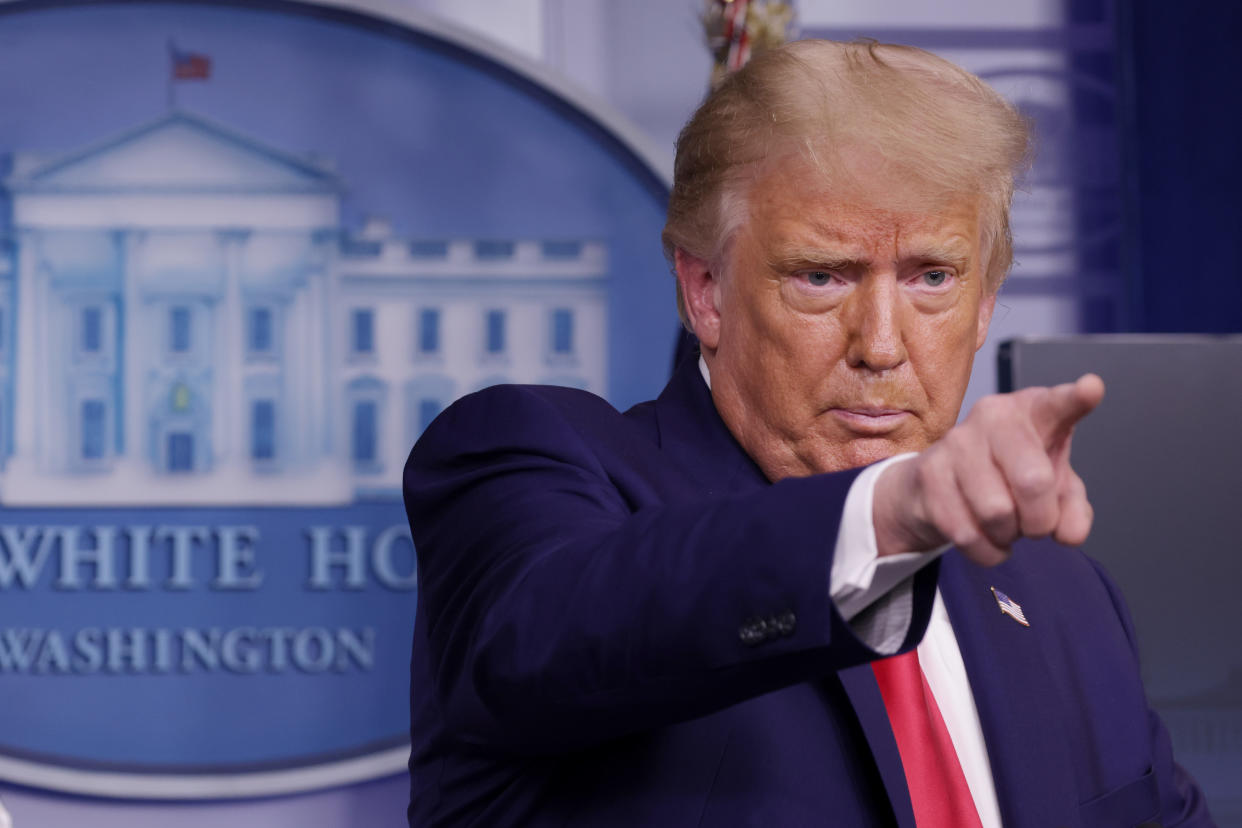Singapore worried about growing US-China divide beyond Trump

By Philip J. Heijmans
(Bloomberg) -- U.S. political and economic interests in Southeast Asia will not change regardless of who wins the presidential election in November, Minister for Trade and Industry Chan Chun Sing said on Thursday evening.
Speaking during a panel discussion at the Singapore Summit virtual conference, the minister said that the U.S. is invested in the peace, security and economic prosperity across Asia and will need to continue to work with partners to secure its own interests.
“What I think people are concerned with is the posture towards China, and what we are concerned with are not issues that have to do with personalities, it’s whether there will be a fundamental misunderstanding between the establishment of both the Chinese and the American side,” he said.
Responding to a question on the impact of the U.S. election on regional trade, Chan said that regardless of the winner, the next U.S. president will have to work with China to uphold a global trading system and security architecture.
“What worries us is that with reduced interaction between the leadership and the younger generation on both sides, then we might inadvertently have planted the seeds of a future misunderstanding,” said Chan. He called for greater interaction between the two superpowers to understand “where they need to work together and where they will compete with one another.”
The Singapore Summit is supported by the Singapore Economic Development Board, sovereign wealth fund GIC Pte., the Monetary Authority of Singapore and state investment firm Temasek Holdings Pte.
Here are some other remarks from Chan:
On global trade in the Covid-19 era: “The health crisis will always be a here-and-now challenge, but I think we have to look beyond that,” he said, later adding that “many issues” need to be resolved regarding the World Trade Organization
“We must not neglect the need for us to set in place architecture for the next generation of growth, and that depends very much on how we architect the new rules to provide mutual assurance, security, and the free flow of data in the digital realm”
On global digitization: “People think that the blue-collar workers are the ones at risk and that’s because their jobs can be replaced by robots and automation,” he said. “Now, to some extent, that is true, but increasingly, I think the world is realizing that the competition is even tougher for the white-collar jobs that can be done over the Internet”
On which industries Singapore will focus on helping pivot to new markets, he said that ICT, financial, medical and precision engineering services are among those performing well. “In fact, we are going to step up our efforts for them to grow and to penetrate the global markets,” he said. “Today in a Covid world, we will have a combination of both virtual and live experience, and in Singapore we are pioneering a lot of this, what we call ‘hybrid activities’ that combine the physical and the virtual”
Chan’s comments come as Singapore continues reopening its economy following a two-month-long partial lockdown that began in April due to a surge of Covid-19 infections. Those measures have helped contain Covid-19 in the island nation with the number of new daily infections decreasing.
© 2020 Bloomberg L.P.


